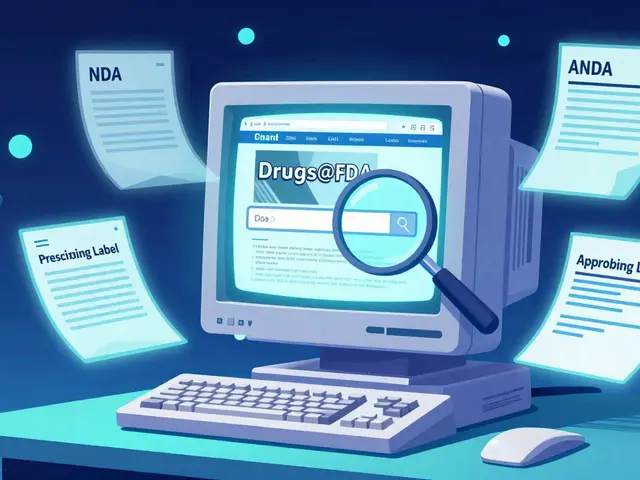Weight loss medications: what to expect and how they help
Trying to lose weight with diet and exercise and not seeing results? Medications can help some people by changing appetite, digestion, or how the brain responds to food. They aren’t magic pills—think of them as tools you use alongside lifestyle changes. Below I break down what the main options do, who usually qualifies, and what to watch for.
How these drugs work and common options
There are a few groups of drugs used today. GLP-1 receptor agonists (semaglutide brands like Wegovy or Ozempic, liraglutide/Saxenda, and tirzepatide/Mounjaro) cut appetite and slow stomach emptying. People often feel fuller faster and eat less. Side effects are usually nausea, diarrhea, or constipation at first.
Orlistat (Xenical prescription, Alli over-the-counter lower dose) reduces fat absorption in the gut. That can lead to oily stools or urgent bowel movements if you eat a high-fat meal, so you need to take a multivitamin for fat-soluble vitamins.
Stimulant options like phentermine are used short-term to reduce appetite. There are combination drugs too: phentermine-topiramate (Qsymia) and naltrexone-bupropion (Contrave) work on brain pathways that control hunger and reward. These can be effective but need careful monitoring for mood changes, heart rate, and blood pressure.
Who can use them, safety, and practical tips
Most guidelines use BMI to decide who’s eligible: BMI of 30 or higher, or BMI of 27+ with a weight-related condition like high blood pressure or type 2 diabetes. Your doctor will check medical history, medicines you already take, and any mental health issues before prescribing.
What should you watch for? For GLP-1s expect early GI side effects; they usually ease over weeks. Rare but serious issues include pancreatitis or gallbladder problems—report severe belly pain or persistent vomiting. Orlistat can cause digestive symptoms and lower absorption of some vitamins. Stimulant drugs can raise heart rate and blood pressure and may not be suitable if you have heart disease.
Insurance coverage is mixed—GLP-1s can be expensive, though coverage is improving. Ask your provider about prior authorization, coupons, or generic alternatives. Don’t buy prescription meds from unverified sellers. If you consider online pharmacies, use licensed and verified ones and keep your prescriber involved.
Expect realistic results: many people see meaningful weight loss over months, not weeks. Medications often work best when combined with a nutrition plan, regular activity, and support for behavior change. Plan regular follow-ups to check progress and side effects and to adjust dosing.
Questions to ask your doctor: Which drug fits my health profile? What side effects should I expect? How long will I need treatment? Will this affect my other medications? Getting clear answers helps you make a safer, smarter choice.
 21 July 2025
21 July 2025
Felix Weight Loss Program Honest Review: Pricing, Medications & User Experience in 2025
A real-world look at Felix's weight loss program: its meds, prices, pros, cons, and what users are actually saying about the service.
Latest Posts
-

Buy Cheap Generic Warfarin Online - Safe Tips & Price Guide 2025
-

Top 10 Frequently Asked Questions About Butenafine
-

How to Search FDA’s Drugs@FDA Database for Official Drug Information
-

Cefaclor for Strep Throat: Uses, Dosing, Safety, and Alternatives (2025 Guide)
-

Exploring Top Alternatives to Zithromax: Effective Antibiotics in 2025

19